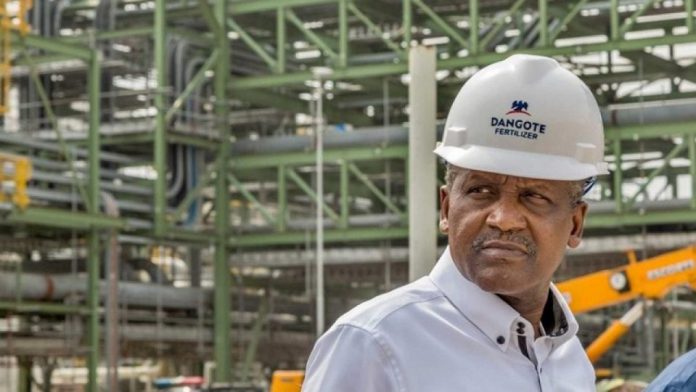The Dangote Petroleum Refinery has announced a significant reduction in the ex-depot price of Premium Motor Spirit (PMS), commonly known as petrol, from N950 to N890 per litre. This decision, effective immediately, has stirred a mix of responses from petroleum marketers across the country.
In a statement released by Anthony Chiejina, the Group’s Chief Branding and Communications Officer, the price adjustment is attributed to favorable developments in the global energy sector, including a decline in international crude oil prices. The refinery emphasized its commitment to aligning with market realities and providing economic relief to consumers.
However, the sudden price cut has left many marketers grappling with the implications for their businesses. Marketers who purchased petrol shortly before the price announcement now face the prospect of selling at a loss, potentially incurring significant debts. Hammed Fashola, Vice President of the Independent Petroleum Marketers Association of Nigeria (IPMAN), acknowledged the dual impact of the reduction, stating, “It is a good development, but it will affect business negatively and positively.”
Fashola highlighted the dilemma for marketers who must now lower their prices to remain competitive. “If you don’t bring down your price, the competition will set in,” he noted, emphasizing the need for marketers to stay informed about market trends to avoid financial losses.
The price reduction has been welcomed by some industry leaders, including Billy Gillis-Harry, National President of the Petroleum Products Retail Outlet Owners Association of Nigeria (PETROAN). He expressed optimism that the move would alleviate the economic burden on Nigerians, reduce living costs, and spur economic activity.
Despite the anticipated benefits for consumers, concerns remain about the potential financial strain on marketers. Chinedu Ukadike, National Publicity Secretary of IPMAN, pointed out that traders often face substantial losses when prices are slashed, especially as they navigate high interest rates on loans secured for fuel purchases.
As the market adjusts to the new price realities, the ripple effects of Dangote’s decision are expected to influence not only petrol prices but also the broader economy, potentially leading to a decrease in the overall cost of living and a positive impact on inflation rates.
With the competitive landscape shifting, industry stakeholders will be closely monitoring how other players, including the Nigerian National Petroleum Company Limited (NNPC), respond to the price changes in the coming days.










